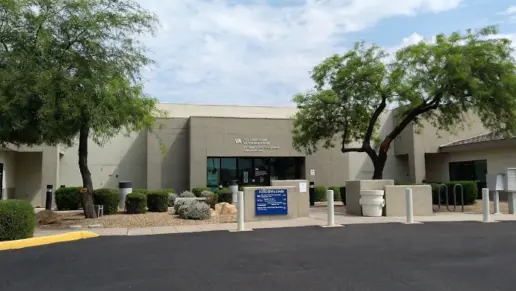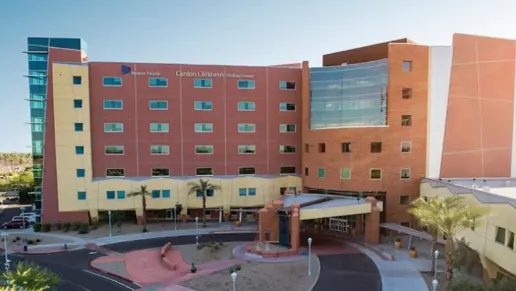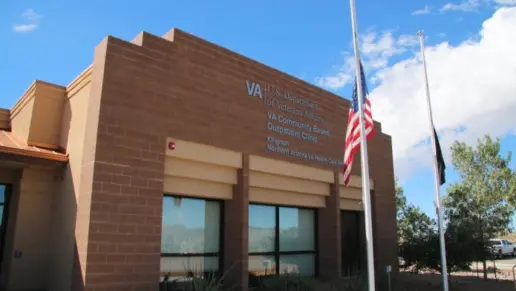Employees are always changing in this facility (high turn over!) The ones that stay are scary people that only worry about having enough drugs to keep you numb. Not a place that shows you how to work again in society
About COPE Community Services, Inc. — Mesquite Integrated Care Clinic
COPE Community Services, Inc. operates the Mesquite Integrated Care Clinic in Tucson, Arizona. Here, they provide integrated physical and mental health care to people in the community. The opioid treatment and medication assisted treatment (MAT) programs are CARF accredited.
They provide opioid treatment programs alongside FDA approved addiction medication. MAT is used during the initial stages of withdrawal to reduce physical symptoms and in ongoing therapy to reduce cravings and prevent relapse.
MAT is combined with evidence based treatment services to identify addiction triggers and help you develop healthier coping strategies. The Project Elevate program expands access to youth and adults, including psychosocial services. Within the program, you receive individualized care and support, including the necessary tools you need to achieve recovery. This includes individual and group therapy, case management and links to recovery support specialists.
Case management helps coordinate care and resources to support your recovery. These services are customized to your needs and give you access to medical and mental health services. They may also help with housing, employment and social services. Case management provides a comprehensive approach to improve outcomes by addressing your needs and fostering long-term recovery.
The Wellness on Wheels program is a mobile service that provides behavioral health screening and referral, medications for opioid use disorder and a combination of illness and wellness services to support overall health. They are a nonprofit organization and accept donations and in kind donations to help cover the costs of their clinics and services for youth and adults.
Latest Reviews
Rehab Score
Gallery
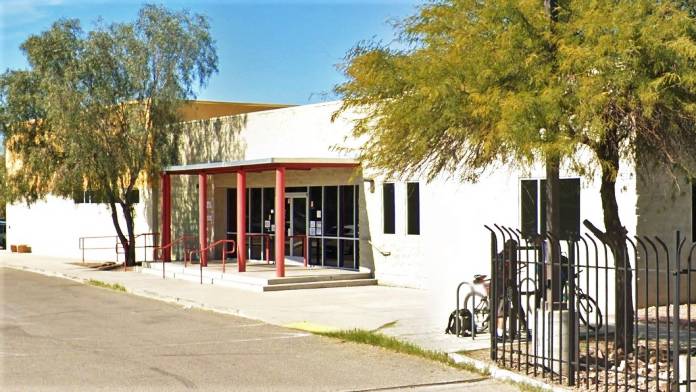
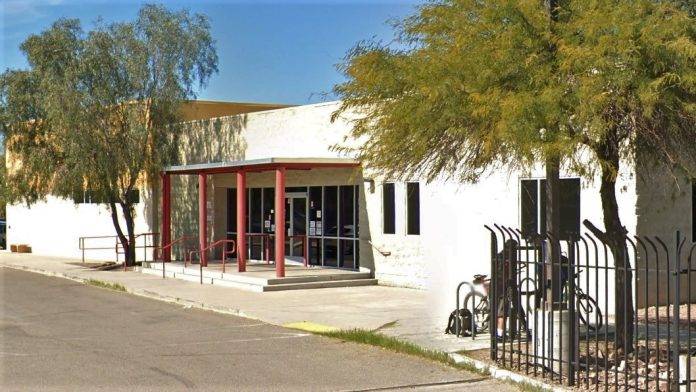
Location
Accepted Insurance
Other Forms of Payment
Private insurance refers to any kind of healthcare coverage that isn't from the state or federal government. This includes individual and family plans offered by an employer or purchased from the Insurance Marketplace. Every plan will have different requirements and out of pocket costs so be sure to get the full details before you start treatment.
Self-pay involves paying for treatment out of your own pocket. You can use savings or credit, get a personal loan, or receive help from family and friends to fund your treatment. If you don't have insurance or your insurance plan doesn't cover a specific program, self-pay can help ensure you still get the care you need.
Medicaid is a state based program that helps lower-income individuals and families pay for healthcare. Medicaid covers addiction treatment so those enrolled can use their coverage to pay for rehab. When a program accepts Medicaid the client often pays very little or nothing out of their own pocket.
Medicare is a federal program that provides health insurance for those 65 and older. It also serves people under 65 with chronic and disabling health challenges. To use Medicare for addiction treatment you need to find a program that accepts Medicare and is in network with your plan. Out of pocket costs and preauthorization requirements vary, so always check with your provider.
Addiction Treatments
Levels of Care
Treatments
The goal of treatment for alcoholism is abstinence. Those with poor social support, poor motivation, or psychiatric disorders tend to relapse within a few years of treatment. For these people, success is measured by longer periods of abstinence, reduced use of alcohol, better health, and improved social functioning. Recovery and Maintenance are usually based on 12 step programs and AA meetings.
Drug rehab in Arizona is the process of treating individuals who are dependent on a particular addictive drug. Because addiction is complex, this treatment typically includes a variety of interventions that address the many physical and emotional issues involved.
Many of those suffering from addiction also suffer from mental or emotional illnesses like schizophrenia, bipolar disorder, depression, or anxiety disorders. Rehab and other substance abuse facilities treating those with a dual diagnosis or co-occurring disorder administer psychiatric treatment to address the person's mental health issue in addition to drug and alcohol rehabilitation.
A combined mental health and substance abuse rehab has the staff and resources available to handle individuals with both mental health and substance abuse issues. It can be challenging to determine where a specific symptom stems from (a mental health issue or an issue related to substance abuse), so mental health and substance abuse professionals are helpful in detangling symptoms and keeping treatment on track.
Opioid rehabs specialize in supporting those recovering from opioid addiction. They treat those suffering from addiction to illegal opioids like heroin, as well as prescription drugs like oxycodone. These centers typically combine both physical as well as mental and emotional support to help stop addiction. Physical support often includes medical detox and subsequent medical support (including medication), and mental support includes in-depth therapy to address the underlying causes of addiction.
Programs



Clinical Services
Also known as CBT, cognitive behavioral therapy in Arizona is one of the most common types of psychotherapy. It offers a structured method of counseling that effectively treats substance use disorder and dual diagnosis disorders.
Group therapy is any therapeutic work that happens in a group (not one-on-one). There are a number of different group therapy modalities, including support groups, experiential therapy, psycho-education, and more. Group therapy involves treatment as well as processing interaction between group members.
In individual therapy, a patient meets one-on-one with a trained psychologist or counselor. Therapy is a pivotal part of effective substance abuse treatment, as it often covers root causes of addiction, including challenges faced by the patient in their social, family, and work/school life.
The goal of motivational interviewing in Arizona is to enhance your confidence in your ability to make changes in your life. It encourages you to commit to change and plan for the process of making those changes that will allow you to reach your goals.
Whether a marriage or other committed relationship, an intimate partnership is one of the most important aspects of a person's life. Drug and alcohol addiction affects both members of a couple in deep and meaningful ways, as does rehab and recovery. Couples therapy and other couples-focused treatment programs are significant parts of exploring triggers of addiction, as well as learning how to build healthy patterns to support ongoing sobriety.
Research clearly demonstrates that recovery is far more successful and sustainable when loved ones like family members participate in rehab and substance abuse treatment. Genetic factors may be at play when it comes to drug and alcohol addiction, as well as mental health issues. Family dynamics often play a critical role in addiction triggers, and if properly educated, family members can be a strong source of support when it comes to rehabilitation.
Developing life skills is an important piece of addiction recovery treatment. These skills help you succeed in day to day tasks and live a healthy, independent life. They include communication, critical thinking, problem solving, self control, and resilience.
Many holistic centers incorporate recreational therapy into addiction treatment to offer you a chance to rediscover joy in movement and motion and build social connections. Activities can include dance, group games, and yoga, which all help improve mental health, reduce stress, and develop positive lifestyle habits. These holistic approaches help sustain long term recovery.
Amenities
-
Residential Setting
-
Private Rooms
Staff
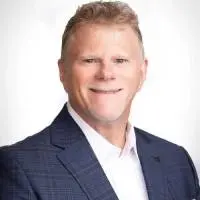
CEO

Chief Compliance and Operations Officer
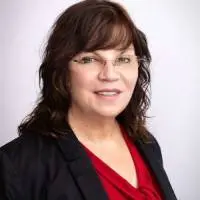
Chief Business Officer
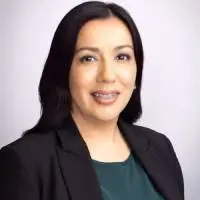
Chief Financial Officer

Chief Human Resources Officer
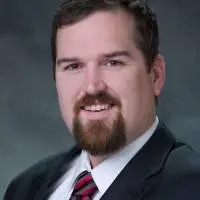
Chief Information Officer
Contact Information
2435 North Castro Avenue
Tucson AZ, 85705




